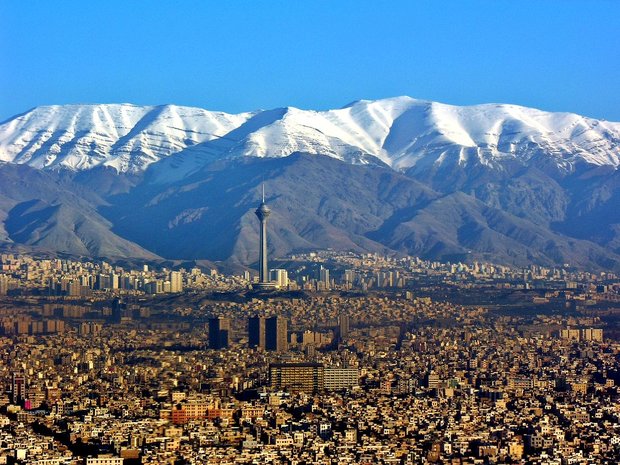Saying that according to the Economist, in terms of viability, Tehran had the highest growth rate in 2017 in the world’s cities, he said new urban management should strengthen the positive and strong aspects of Tehran’s metropolitan viability, including infrastructure, public transportation, health, security, participation and social cohesion.
Noting that cities’ viability and sustainability are both attractive and at the same time undeniable necessity for the future of human urban life, he said viability is, in fact, the achievement of good urban planning or sustainable development, and it includes many other concepts, such as quality of life, ecological sustainability, vitality, equality, justice, security, participation, health, etc.
Stating that across the world, governments, institutions, institutions, planners and researchers are all looking to find ways to build viable cities, he added these cities consume less energy and resources, have more cohesive communities, show innovation and creativity, and offer better living conditions.
Noting that the Economist in its annual reports examines the viability status of the world’s cities based on numerous social, economic, and environmental factors, and ranks them, he further said cities like Vancouver, Melbourne, Vienna, and Toronto are at the top of the world’s most viable cities every year.
In the 2011 report, 7 cities in Australia and Canada were among the top 10 cities in the world on the viability, which have maintained this trend by 2017, with only slight changes in their rankings, Tabatabaei said.
Stressing that in 2011, among 10 cities at the end of this table, with 140 cities, there were cities such as Harare, Dhaka, Lagos and Karachi, and Tehran ranked 133, he said but in the 2017 ranking, Tehran with its six steps made its way from the lowest ten cities and ranked 127th. Among the cities of the world, it has had the highest growth rate in terms of viability, so that a city like Dubai has a lower growth index than Tehran.
Secretary of IUESA said this growth trend is promising. "This growth indicates that moving in the path of sustainability and viability in the metropolis of Tehran is positive and, of course, needs to be accelerated further.
He counted the highest decline in 140 cities in Damascus, Syria, Ukraine and Detroit in the United States, and said one of the reasons for the growth and improvement of Tehran in the field of viability in recent years is undoubtedly the infrastructure and transportation, which over the years has been a step forward in promoting public transport and increasing metro and BRT lines. In addition, issues related to citizenship participation have also been effective in this regard.
Tehran has a much more favorable situation in some of the indicators of viability, such as security and health, and is located among the cities like Kuala Lumpur, Moscow and Dalian, he added.
The urban official considers environmental issues as urban management Achilles heel that should be regarded more than before. Solving the problems of this sector is not in the power and scope of urban management, but also it requires the synergies and efforts of various institutions of governance.
Another indicator that Tehran has made progress in recent years and it should be considered more is IT infrastructures since networking, intelligence and electronization of cities are one of the secrets of the high quality of life in these cities, he further added.
HA/PR

























Your Comment